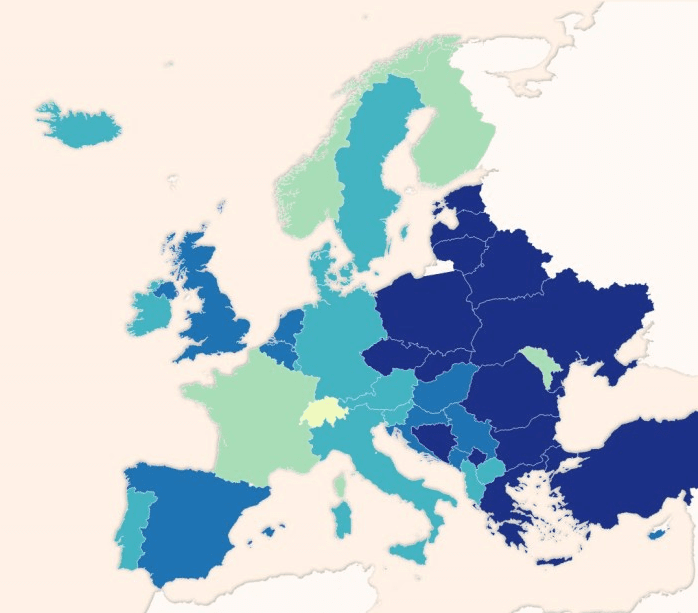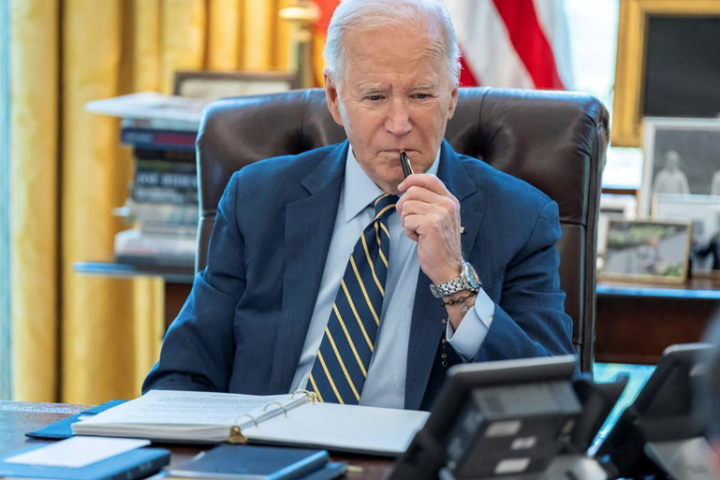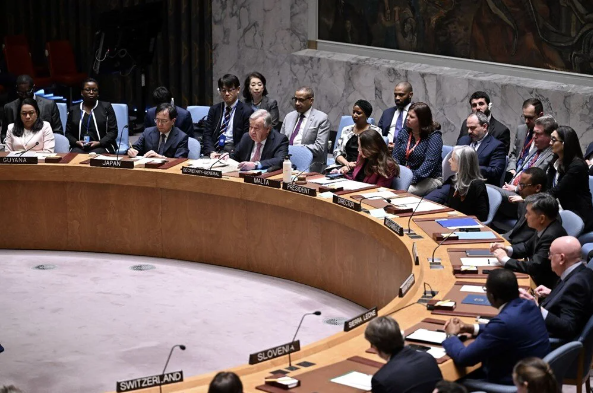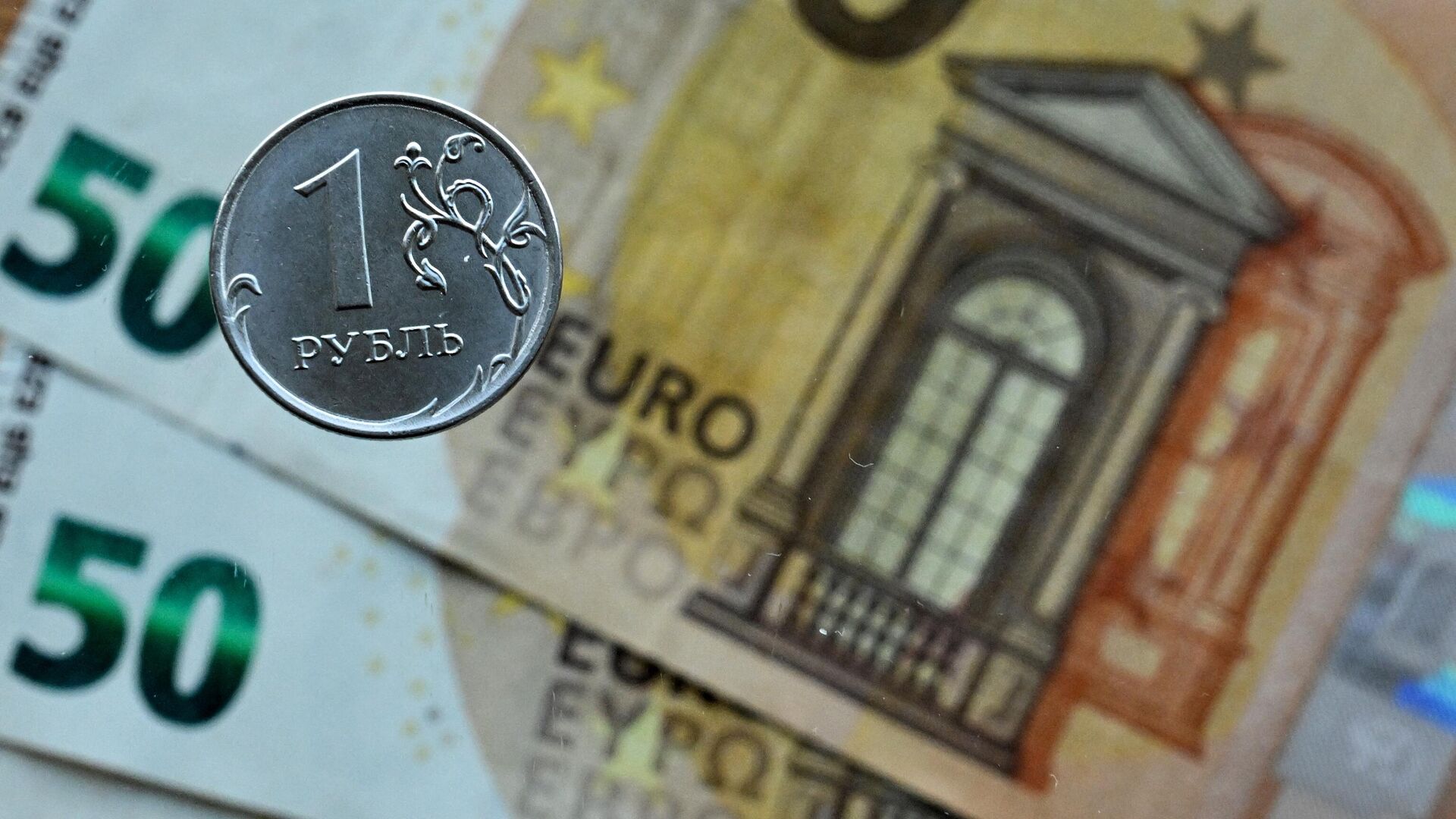Across Europe, prices for food, electricity and energy are rising. But inflation is not hitting everyone the same way. Three people from the UK, Spain and Poland tell us how they are coping.
source website: spiegel.de/ People in Europe are experiencing the war in Ukraine very differently. In Eastern and Central Europe, the Russian attack seems very close; millions of refugees have found shelter here. In the west of the continent, the war is less visible, less immediate. But its consequences are being felt by Europeans here as well: a lack of gas imports, rising food prices and ever-increasing electricity bills. A few days ago, the EU announced that it expected 7.6 percent inflation this year – a historic record.
In countries such as the United Kingdom, Poland and Spain, inflation has recently been even higher than the European average. Here, it is also hitting a population that is particularly vulnerable due to previous crises, low wages and poverty. Those who were already poor or poorly protected suffer most of all. Three of them talk about what record inflation means for their lives.
- California wildfires in 2022: map shows ‘explosive’ impacted areas The Oak Fire cannot be put out.
- Woman sentenced to a year in prison for spending $400,000 she raised “for a homeless veteran” in the US

Christine Isaacs, 69, retiree from Leeds, UK.
“I’ve raised three children on my own, so my life has never been easy. But in the past few months, many things have become more difficult than they ever were before. Food, electricity, heating – everything costs more now. I have an electricity meter that only works with a prepaid card. Every time I walk past it in the hallway, I see on an hourglass how much credit is left on it. When I run out of money, the power just goes off. The last time it was cut off was in May. After that, I had to ask for credit from an emergency assistance program.
Fear is overshadowing my whole life like a dark cloud. You get used to poverty, but not to insecurity. Every day I think about what I really need electricity for. Every penny saved allows me to visit my four grandchildren. I now shower less often so I can see them. In the past two years, the pandemic has dominated everything, and life has become lonelier. The problem is gone now, but now I can hardly afford anything.

To get to my grandchildren, I have to take the bus. Because I have diabetes, I sometimes also need a cab. In the past, you could negotiate with the drivers that they would turn off the meter and you would agree on a fixed price. Now nobody does that anymore. I live on 654 pounds a month, which is about 760 euros. That may sound like a lot. But if you convert it to four weeks, it’s very tight. Someone once told me that our pensions are among the lowest in the Western world. I am very afraid of the fall. So far I pay £60 for electricity, but we already know that everything will be more expensive from the fall. I’m not afraid of Covid anymore, just of the heating going out in the fall and me getting sick.
I deal with the war, I feel very sorry for the people. The politicians want to punish Putin for his crimes. But what does my electricity bill have to do with it? My feeling is that my situation has little to do with this war and a lot to do with our country. Our politicians all come from the same class, they have a different background than I do. They grew up sheltered. They don’t even know how we feel here. These people have privatized everything step by step: electricity, heating, the apartment – today it all comes from companies that simply want to make money and don’t care how cold it is in my house. In September, we are all supposed to get a subsidy now. But I can’t imagine that it will be enough.”

Marta Kosiorek, 48, project manager at an advertising agency in Warsaw, Poland
“The only thing that hasn’t changed in the past few months is my salary. Every day I have the feeling that it’s getting worse. Before the war, we paid 30 złoty every month for gas heating, the equivalent of 7 euros. That was relatively cheap. Now it’s already 80 złoty, more than double. When I filled up my tank, I used to pay 350 złoty for gas, about 75 euros. Now it’s 100 złoty more.
I already notice that I can no longer estimate what I need money for and how much. You suddenly feel overwhelmed as an adult to plan your expenses. Yesterday I went shopping for a friend’s birthday party. I probably ended up paying twice as much as I did before the war. It all scares me. I now constantly feel like I can’t miss out on bargains. When I go shopping, I now often reach for private labels or look for cheaper alternatives. If there’s a store closing, I go there to save some more.
Some supermarkets have already rationed sugar, because people in Poland stock up and suddenly hoard everything again at home. We have become collectors, within a few months. Especially among the elderly, the war arouses great fears.
Compared to other people, however, I am still doing well. Even though many things that make life more beautiful are hardly possible now: eating pizza spontaneously – that’s no longer possible, for example.
I don’t think there are many ways to really help us citizens. I don’t expect anything from politics. Of course, everything is connected with the consequences of the Russian attack on Ukraine. And there is no alternative for the sanctions. We cannot buy Russian gas while people in our neighboring country fear for their lives. In the end, supporting Ukraine is more important than our gas bill.





